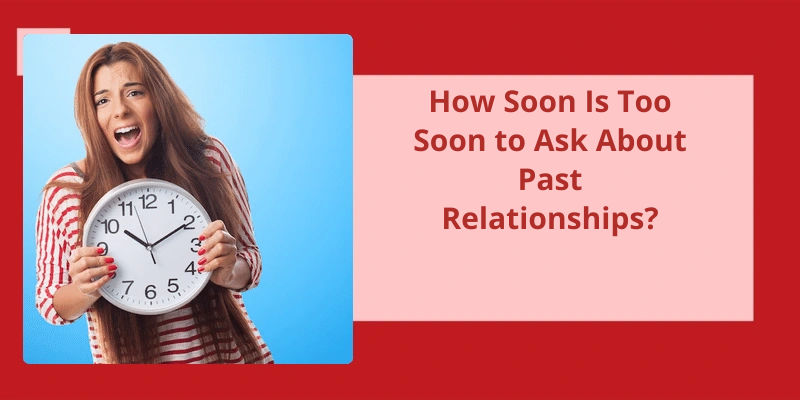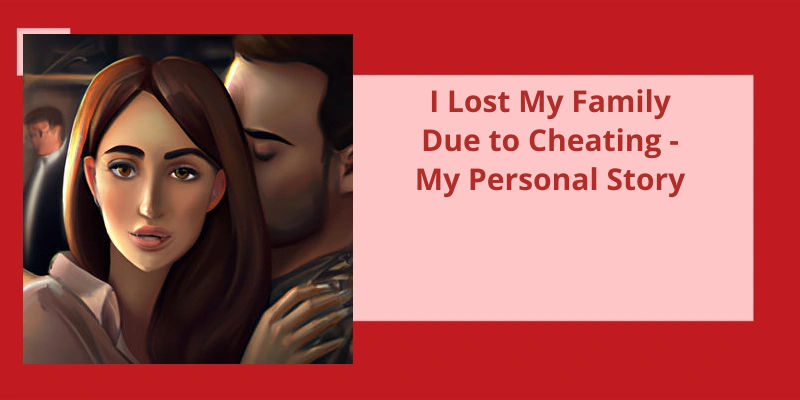It's not uncommon for individuals to reach a point in their lives where they feel the need to disconnect from the people around them. Whether due to a desire for solitude, a need for personal growth, or simply a desire to break free from toxic relationships, sometimes cutting people off can be a necessary step towards creating a healthier, happier life. However, it's important to approach this process with care and empathy, being mindful of the impact our actions may have on the people around us.
Is It Selfish to Cut People Off?
It’s a common misconception that cutting people off is selfish. In reality, it’s an act of self-care and self-preservation. We all have a right to prioritize our own well-being and mental health, and sometimes that means taking a step back from certain relationships. It doesn’t mean that we don’t care about the person or that we hate them. It just means that we value ourselves enough to recognize when a relationship is no longer healthy or beneficial for us.
Cutting people off can actually be a positive thing for both parties involved. When we let go of toxic relationships, we make room for healthier, more fulfilling connections to come into our lives. And for the person were cutting off, it can serve as a wake-up call for them to examine their own behavior and make changes for their own well-being. Seeing someone else prioritize their mental health and set boundaries can be a powerful motivator for self-improvement.
Of course, there are situations where cutting people off can be more complicated. If the person is a family member or someone we’ve a long history with, it can be harder to make that decision. But even then, it’s important to remember that we don’t owe anyone our time or energy if theyre causing us harm. We can still love and care about them from a distance while prioritizing our own well-being.
At the end of the day, the decision to cut someone off is a personal one that only we can make for ourselves. We know whats best for us and what we need in our lives to feel happy and fulfilled. It’s not selfish to put ourselves first – in fact, it’s necessary if we want to live a healthy and fulfilling life. So if cutting someone off is what we need to do to prioritize our own well-being, then thats what we should do without shame or guilt.
How to Communicate Your Decision to Cut Someone Off in a Respectful Way.
- Be honest about your decision.
- Choose a private setting to have the conversation.
- Acknowledge the other person’s feelings.
- Explain your reasons for cutting them off.
- Use “I” statements to express yourself.
- Stay calm and respectful throughout the conversation.
- Offer a clear and direct message about the cut-off.
- Don’t engage in further discussion or argument.
- Give the other person space and time to process the decision.
- Focus on positive relationships and connections in your life.
Understanding the reasons behind our own behavior can be a difficult task, especially when it comes to the urge to cut people off. However, seeking professional help to explore the underlying reasons may provide some valuable insights into our own patterns of behavior. Dr. Elena Touroni sheds light on the possible reasons for the need to cut people off, highlighting the potential for self-protection as a major factor.
Why Do I Have the Need to Cut People Off?
When we’re surrounded by negative people or those who bring nothing but turmoil and conflict in our lives, the urge to cut them off can be strong. It’s important to remember that prioritizing our mental and emotional well-being is necessary, and sometimes that means removing toxic influences from our lives.
However, it’s also important to examine our own behavior and communication style when it comes to cutting people off. Is it a knee-jerk reaction to disagreement or conflict? Or is it a considered decision based on patterns of behavior and actions that are harmful or damaging to us?
It’s also worth considering the impact that cutting people off can have on our relationships and social connections. While it may provide immediate relief or a sense of control, it can also lead to isolation and feelings of loneliness. Finding a balance between protecting ourselves and maintaining healthy connections is key.
Another factor that can contribute to the need to cut people off is boundary-setting. When we allow others to consistently cross our boundaries or overstep our limits, it can lead to resentment and a feeling of powerlessness. Learning to communicate and enforce our boundaries effectively can help prevent the need to cut people off altogether.
Ultimately, the need to cut people off can stem from a variety of personal experiences and circumstances, and it’s important to explore these factors in order to make conscious and healthy decisions in our relationships and communication. Seeking support from a therapist or trusted loved ones can also be beneficial in navigating these complex emotions and experiences.
Coping Mechanisms for Dealing With Difficult People Without Cutting Them Off Completely
Coping mechanisms are strategies that help people deal with difficult personalities without completely cutting them off. Some of these strategies include setting boundaries, practicing empathy, remaining calm and rational, and focusing on finding common ground. By using these techniques, individuals can maintain their relationships with difficult people while minimizing negative interactions.
Source: Why some people find it easier to cut others out of their lives
Conclusion
In conclusion, cutting people off is never the best solution in handling difficult relationships or interpersonal conflicts. It may give a temporary sense of relief or power but in the long run, it will do more harm than good. Communication is key in resolving conflicts and finding common ground. It allows us to understand different perspectives, empathize with others, and create meaningful solutions. It’s important to remember that every individual deserves respect and understanding, and shutting them out will only create more division and negativity. Therefore, it’s essential to approach difficult situations with an open mind and willingness to communicate effectively.






